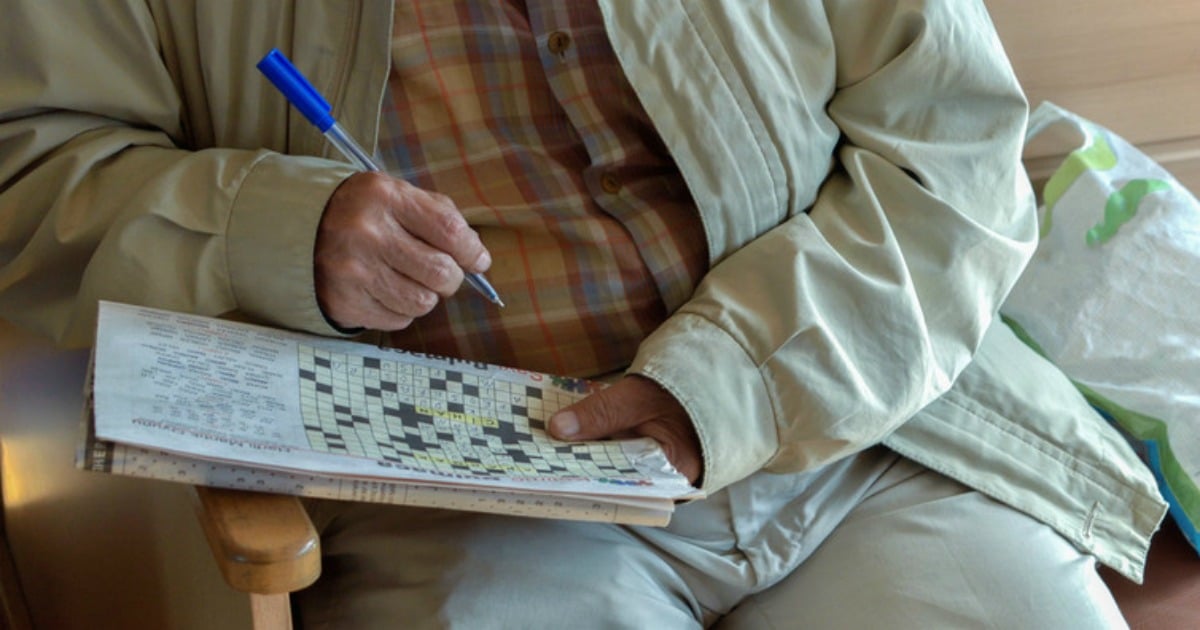
By Lisa Hee, CQUniversity Australia
This article is part of our series on older people’s health. It looks at the changes and processes that occur in our body as we age, the conditions we’re more likely to suffer from and what we can do to prevent them.
As we reach adulthood, we notice changes in our bodies at every stage of ageing. We might find we need glasses when we hit our thirties, we can’t keep weight off as easily into our forties, we mightn’t feel as strong playing sport with the kids in our fifties, and we can’t hear a conversation across a crowded dinner table in our sixties.
All of these occur because the cells and processes in our bodies have existed for longer and longer periods of time. There are many theories as to why our body ages, but two main explanations are that the DNA within our genes determine how long we will live; the other is that over time, our body and DNA are damaged until they can no longer function as before, often referred to as “wear and tear”.
The ageing brain
As we age, the volume of the brain declines. There are many explanations for this, including cell death, in which the brain cells’ structure declines over time.
Although the precise reasons for the decline in brain volume remain unclear, some research indicates it may be due to hormone levels, and wear and tear.
Some also believe that the volume of blood reaching the brain decreases due to conditions within the blood vessels and associated systems. However, this doesn’t have a great impact on a person’s ability to remember, as the brain has the ability to compensate for these changes.


